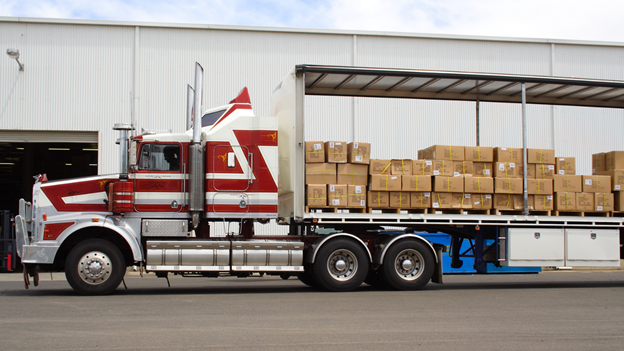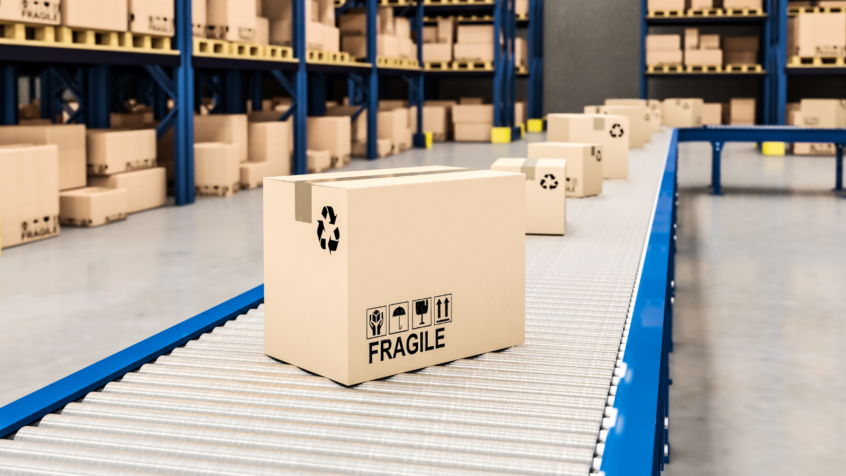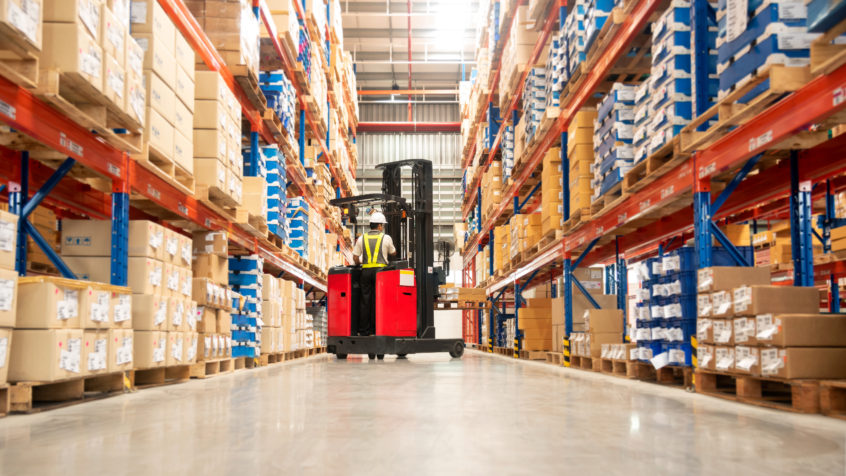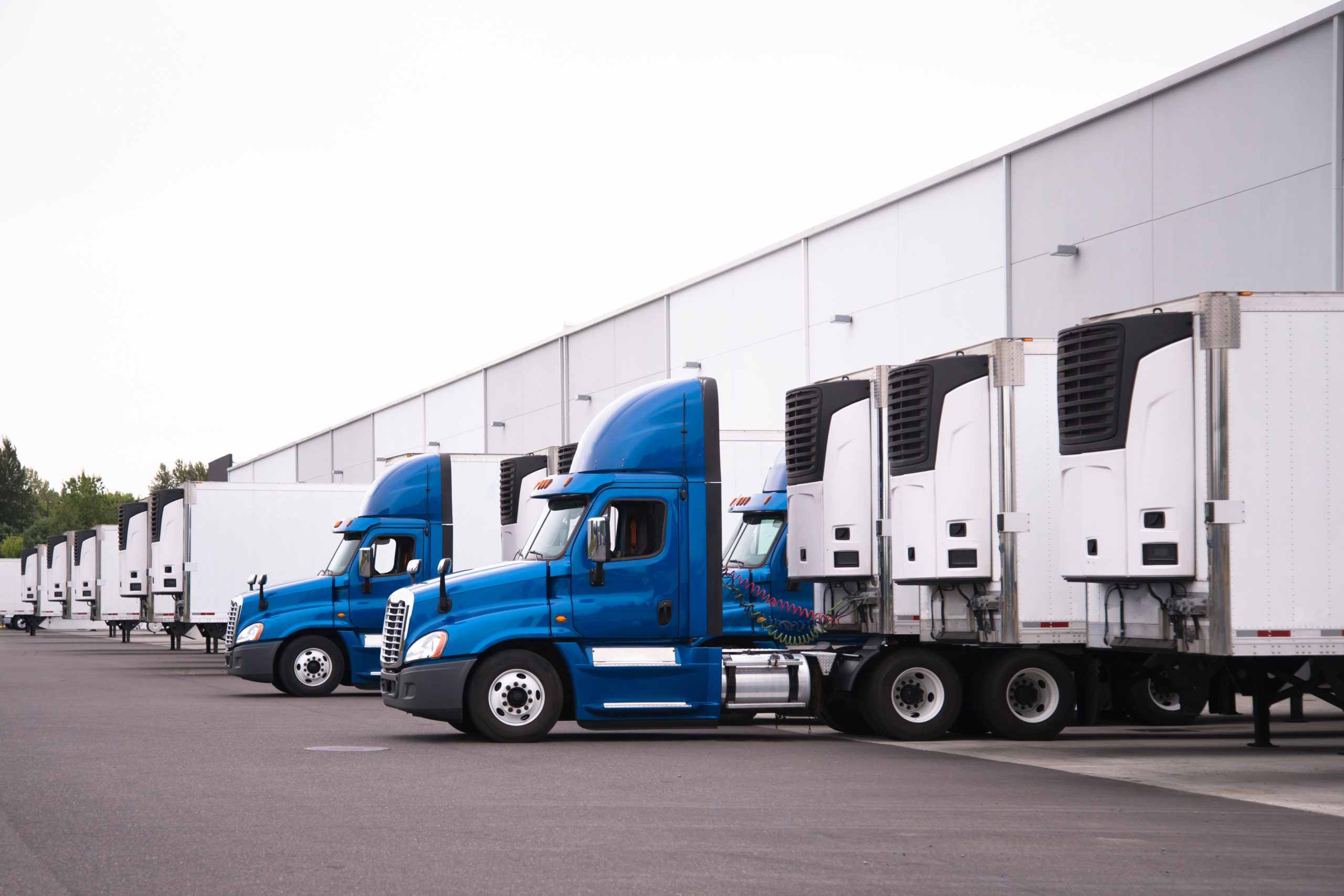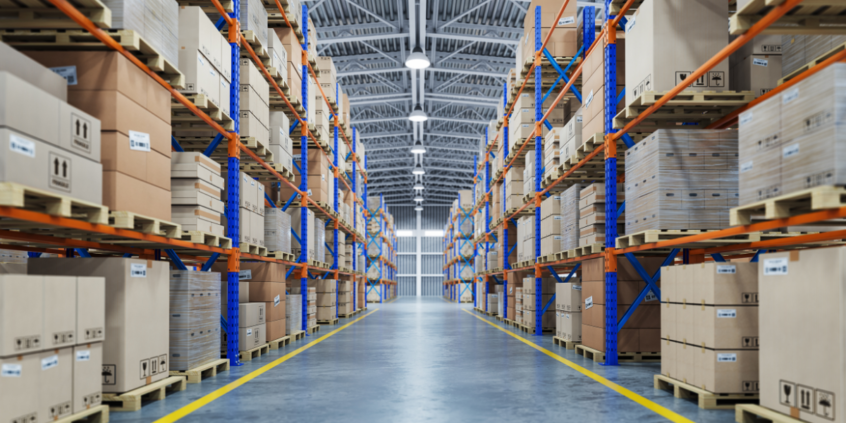When it comes to ground transportation, two modes of trucking must be considered, LTL (Less than a Truck Load) and FTL (Full Truck Load). The decision concerning which one to use depends on the size and weight of the load, time constraints, and any special handling required. Less than a truckload- LTL An excellent option for small businesses, LTL consolidates small cargoes from multiple shippers into one full truckload. Recommended when … Read More
When to use FBM over FBA?
With nearly 346,000 sellers joining the Amazon Market so far this year and an estimated 91 new sellers joining every hour, we figured it might be best to share an essential piece of fulfillment insight to the roughly 1.6 million active Amazon sellers wondering when it is appropriate to use an FBM strategy. Let’s Start with the Difference Between FBA and FBM As an Amazon … Read More
GLC Opens Three New Distribution Centers
It is with great excitement; we announce the addition of three new distribution centers to the GLC network. The facilities, which are located in: Chicago, Los Angeles- Compton, and Los Angeles- Rialto, add a combined 200,000 sq. ft. to our existing portfolio. The new locations will offer various traditional warehousing services, including Transloading, Import/ Export Consolidations, Small Parcel Handling, and Short & Long-term storage. In … Read More
Transloading, What it is and Why you Should be Doing it.
With the current shipping climate creating bottlenecks and intermodal equipment shortages, transloading has become vital in maintaining many supply chains’ integrity. To help you better understand the benefits of transloading and why we highly recommend adding it to your supply chain strategies, we have answered some of our customers’ most frequently asked questions. What is the Difference Between Transloading and Intermodal? Transloading and Intermodal are … Read More
Charleston, a Low-Cost Alternative to NYC and New Jersey
Situated 750 miles south of NYC and 580 miles north of Miami, Charleston’s competitive advantage lies in its centralized East Coast location, offering a low-cost alternative to the New York and New Jersey Ports for importing, exporting, and fulfillment. Minutes away from three major interstates, including I-26 and the I-95 Corridor, distributing to the entire East Coast and greater Atlanta area is relatively straightforward. Pair … Read More

